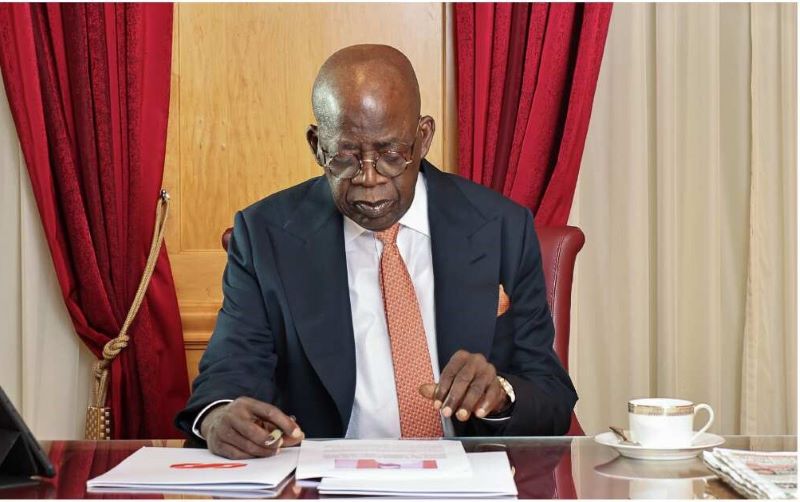President Bola Ahmed Tinubu has asked the Senate to approve the 2025–2027 Medium-Term Fiscal Framework (MTF) and Fiscal Strategy Paper (FSP) after he formally transmitted the two documents to the Senate to guide the preparation of the 2025 federal budget.
In a letter addressed to the President of the Senate, Godswill Akpabio President Tinubu highlighted that the FSP had been approved by the Federal Executive Council (FEC) during its meeting on November 10, 2024. He emphasized that the 2025 budget would be prepared based on the parameters and fiscal assumptions outlined in the MTF and FSP.
“It is imperative to seek the National Assembly’s expeditious legislative action on this submission. I trust that the Senate will consider the passage of this submission without delay,” the President stated in the letter.
The Senate President directed that the document be referred to the Committees on Finance, National Planning, and Economic Affairs for further review.
The committees are expected to report back to the Senate in due course to facilitate timely deliberations and approval.

During the session, Senators voiced their support for the motion to refer the document to the relevant committees, with the motion receiving unanimous approval.
The MTF and FSP serve as critical policy instruments for Nigeria’s fiscal planning, outlining revenue projections, expenditure priorities, and economic assumptions that guide budget formulation. Their timely approval is essential to ensure the smooth preparation and eventual implementation of the federal budget for the coming fiscal year.
The Senate is expected to deliberate on the committees’ findings and provide a final resolution on the framework and strategy paper in the coming weeks.




